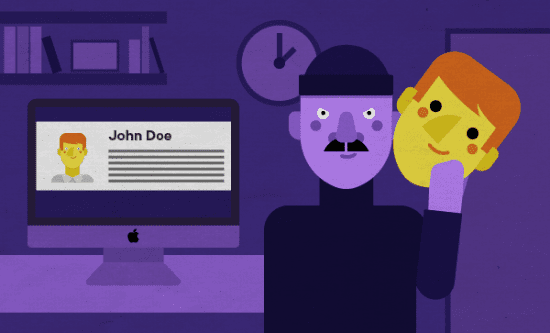Digital devices now hold the key to a wealth of private and personal information with 88 per cent of users storing this type of data on their devices, according to a recent consumer survey by Kaspersky Lab. But with many devices remaining unprotected, users’ digital friends could easily become frenemies, giving cybercriminals an open window through which to steal and exploit sensitive and informative data.
When it comes to entrusting information to digital devices, nearly half (48 per cent) of users store their email and online account passwords and login details on them, and over a quarter (28 per cent) use them to store financial data including bank details, payment credentials and PIN codes. Having this information at their fingertips when logging into an account or paying a bill online might be convenient for the user, but it also makes these devices hugely attractive and potentially lucrative for cybercriminals.
Smartphones are the most popular device on which to store private data – including email messages, contact details and sensitive information – for nine out of ten respondents (87 per cent), closely followed by computers (84 per cent) and tablets (76 per cent). However, despite the increase in storage of personal information on digital devices, two out of five (17 per cent) tablet users still admit to having neither password protection nor any security solution for their device, which is also true for 13 per cent of smartphone users and three per cent of computer users. For these users, their trusted devices could easily become their digital frenemies – giving up their secrets and exposing confidential information.
This lack of cyber-savviness and failure to protect devices, should they fall into the wrong hands, is further compounded by another recent Kaspersky Lab quiz. It found that only eight per cent of users delete private information from their devices immediately and only two in five (17 per cent) people create password-protected folders for their personal and sensitive information. A mere seven per cent encrypt data from prying eyes. Worse still, over a quarter (27 per cent) of users believe they have no confidential information at all, despite the fact that almost all users store their passwords, browser history, contact lists, messages and much more on their devices – all of which should remain confidential.
“With the use of digital devices intrinsically linked to our offline world, consumers are entrusting more information to their smartphones, tablets and computers without a second thought. This change in lifestyle has not necessarily led to a change in mind-set however, with the safety of this information often overlooked in favour of ease of access and convenience. Protecting your confidential data and mobile devices with security solutions and passwords is essential to keeping the cybercriminals out in the cold and your personal data remaining private,” comments Victor Yablokov, Head of Mobile Product Line at Kaspersky Lab.
[su_box title=”About Kaspersky Lab” style=”noise” box_color=”#336588″]

